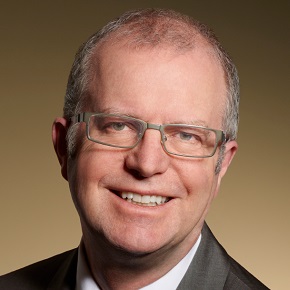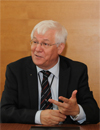 |
||
|
Russian Carrier Group Conducting Exercises in Mediterranean RIA Novosti, PUBLISHED 24.01.2014 A Russian carrier group that entered the Mediterranean earlier this month has begun a series of naval aviation exercises, a navy spokesman said Friday. “The naval aviators are conducting training in dogfighting, high-speed interception and improving their skills in flying intricate aerobatic maneuvers,” Captain of the 1st Class Vadim Serga said. Serga said that over 20 training flights by the ship’s Su-33 Flanker-D fighter jets were planned. The group, dispatched by Russia’s Northern Fleet, was escorted by a British destroyer as it approached Scotland last month. Topics: Russia Other news: Russia to Lend Hungary $13.7Bln for Nuclear Plant The deal was announced during a state visit to Moscow by Hungarian Prime Minister Viktor Orban and was hailed by Russian President Vladimir Putin. Russia to Triple Uranium Production in Next 2 Years – Rosatom In 2015 we will reach 8,400 tons. Rosatom Boosts Foreign Orders Portfolio to $74 Bln Rosatom signed in Helsinki an expected deal with Finnish nuclear consortium Fennovoima on the construction of a 1,200-megawatt Hanhikivi-1 nuclear reactor in Pyhajoki, northwest Finland. |
Hero of the day 
We are currently working with the Nuclear Decommissioning Authority (NDA) on this approach, which was submitted in response to their February 2012 call for alternative proposals. We appreciate that the UK is in the early stages of their policy development activities and are pleased to be involved in such important work. INTERVIEW
Yanko Yanev OPINION
Joint Plan of Action |

